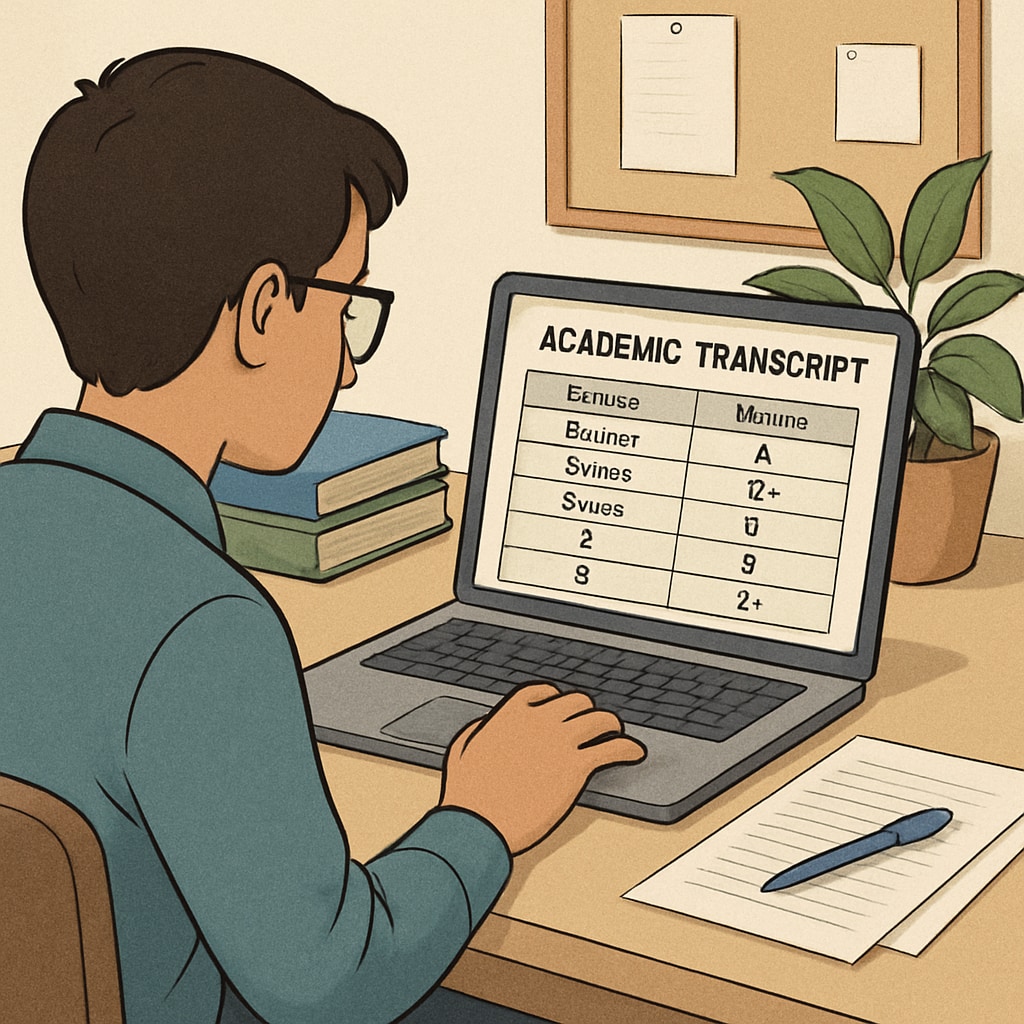In the K-12 education system, the issue of accessing academic transcripts while dealing with unpaid balances can be frustrating for both students and parents. Financial challenges often arise, but this should not obstruct a student’s ability to continue their education or apply for professional exams. This article explores the possibilities of obtaining transcripts despite unpaid balances, analyzing relevant policies, legal rights, and actionable solutions.
Understanding the Importance of Academic Transcripts
Academic transcripts play a crucial role in a student’s educational journey. They serve as official records of grades, achievements, and coursework, and are often required for college applications, professional exams, or transferring schools. However, some educational institutions impose restrictions, withholding transcripts until all financial obligations are met. This practice raises important questions about fairness and students’ rights.

Legal Framework Surrounding Transcript Access
In many jurisdictions, laws dictate how schools handle transcript requests when there are unpaid balances. For example, in the United States, public schools may be prohibited from withholding transcripts due to financial reasons, as education is considered a fundamental right. Private schools, however, often have more flexibility in enforcing their policies, which can complicate matters for families.
Parents should familiarize themselves with local and state regulations governing transcript access. For instance, California and Illinois have specific laws ensuring that students cannot be denied transcripts solely because of unpaid fees. Learn more about education policy on Britannica.
Practical Solutions to Resolve Financial and Academic Issues
While legal measures are important, there are practical steps families can take to navigate unpaid balances and secure transcripts:
- Communicate with the school: Reach out to the administration to explain your financial situation and explore payment plans or temporary waivers.
- Seek external assistance: Look for local organizations or charities that might offer financial aid to cover educational expenses.
- Request partial transcripts: In some cases, schools may provide limited access to essential records required for urgent applications.
- Consider legal support: If negotiations fail, consult with an attorney specializing in education law to understand your rights and options.

Balancing Financial Obligations and Academic Rights
Ensuring students have access to their academic transcripts while managing unpaid balances requires understanding both financial and legal dynamics. Schools may have valid reasons for enforcing payment policies, yet students’ educational continuity should remain a priority. Therefore, finding common ground through communication, legal knowledge, and community resources can pave the way for resolution.
Explore more about education systems on Wikipedia.
In conclusion, while unpaid balances can create obstacles, they should never prevent students from accessing opportunities tied to their academic achievements. By understanding the legal framework, advocating for student rights, and exploring practical solutions, families can overcome these challenges and ensure a seamless educational experience.


